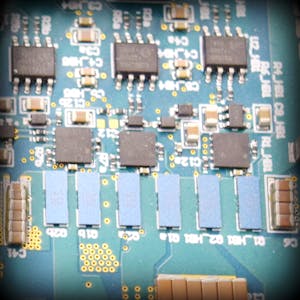What are the failure mode of Diode ?
A diode is an electronic component that allows current to flow in only one direction. The failure mode of a diode depends on the type of diode and the conditions under which it operates.
Here are some common failure modes of diodes:
- Short-circuit failure: In this case, the diode fails to block current in the reverse direction, resulting in a low resistance path between the anode and cathode terminals. This can cause a significant increase in current flow, potentially damaging the diode and other components in the circuit.
- Open-circuit failure: In this case, the diode fails to conduct current in the forward direction, resulting in an open circuit between the anode and cathode terminals. This can cause a loss of power to the circuit.
- Thermal failure: Diodes can fail due to excessive heat, which can cause the junction to degrade and the performance of the diode to deteriorate. This can be caused by a number of factors, including overvoltage, overcurrent, or poor thermal management.
- Aging failure: Over time, diodes can experience wear and tear that can cause their performance to degrade. This can be caused by a variety of factors, including temperature, humidity, and voltage stress.
Overall, it is important to select the appropriate diode for the application and to operate it within its rated specifications to minimize the risk of failure.





















No comments